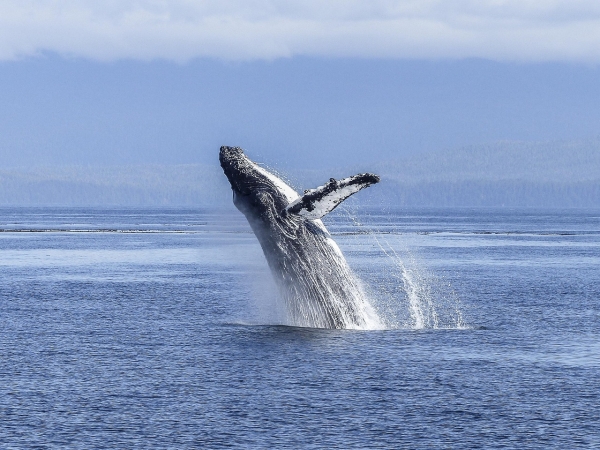A new study led by McGill University researchers indicates that humpback whales in the southeastern Pacific combine real-time environmental cues with their memories of conditions in their Antarctic feeding grounds to determine when to embark on their annual 10,000-kilometre journey.
articles
Migrating Flies Vital for People and Nature
Buzzing insects may be seen as pests – but globally, hundreds of fly species migrate over long distances, with major benefits for people and nature, new research shows.
Microplastics Contaminate Spotted Seal Diets in Remote Alaska Waters
Spotted seals in some of the most remote marine areas around Alaska are consuming significant amounts of microplastics in their diets, according to a new University of Alaska Fairbanks–led study.
Toxic Algae Spurs Sea Lion Attacks in Southern California
A sea lion sickened by toxic algae attacked a teenage girl in Long Beach, California, on Sunday, the latest episode of erratic behavior from affected animals.
Exposure to Air Pollution in Childhood Is Associated with Reduced Brain Connectivity
A new study led by the Barcelona Institute for Global Health (ISGlobal), a centre supported by the "la Caixa" Foundation, has found that children exposed to higher levels of air pollution in early and mid childhood have weaker connections between key brain regions.
Climate Change, Non-Native Species Pose Double Trouble for Native Species, Study Shows
Climate change could pose a dual threat to native species by reducing their suitable habitats and increasing predation pressure from non-native species, a new study(Link is external) by Oregon State University researchers finds.










